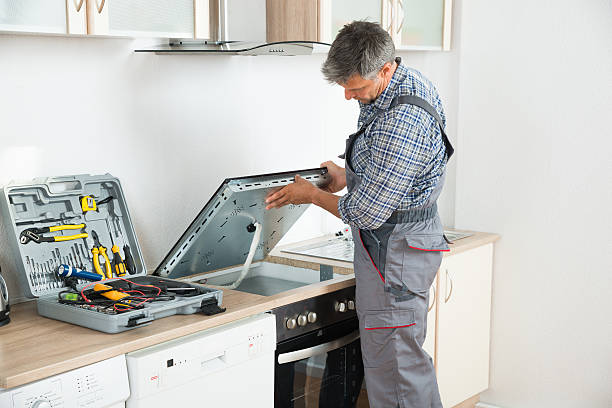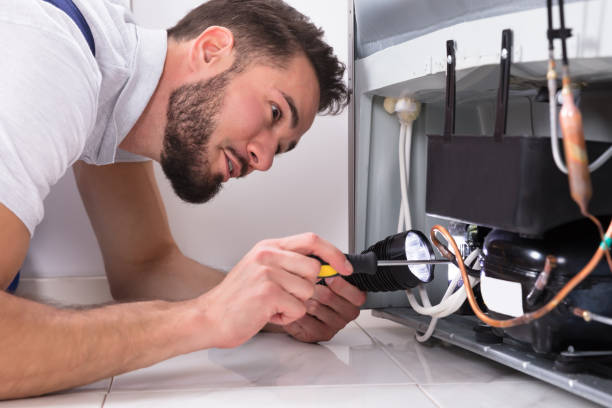Bob Appliance Repair
If your food is not being used quickly, this is the first sign. According to U.S. Food and Drug Administration guidelines, your fridge should stay below 40o Fahrenheit and the freezer at 0o. Temperatures which are outside these guidelines can lead to food loss (from too much warmth), or even frost buildup (from an inefficient freezer). An appliance technician is better than replacing or fixing the unit yourself for several reasons. The first is to maintain your warranty. Doing a DIY repair to a home appliance could void other warranties.

